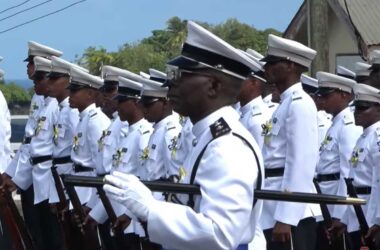THE Caribbean Community Climate Change Centre (CCCCC) in partnership with the United States Agency for International Development’s Eastern and Southern Caribbean (USAID/ESC), will on Wednesday, November 18, bring the curtains down on the Climate Change Adaptation Program (CCAP) – a four-year initiative that benefited nine States in the Eastern and Southern Caribbean.
The CCAP strengthened the adaptive capacity of the region to climate variability with a focus on: improved data capacity necessary for decision-making; modelling of adaptive approaches to water scarcity; and the institutional capability of countries to develop sound proposals to access international climate related financing.
Keynote speakers expected at the virtual closing ceremony, are: Mr. Joaquin Monserrate, Deputy Chief of Mission for U.S. Embassy Bridgetown, Barbados; Mr. Mark Cullinane, Deputy Chief of Mission, U.S. Embassy Georgetown, Guyana; Her Excellency Karen Williams, US Ambassador to Suriname; a senior representative from the CARICOM Secretariat; and Dr Colin Young, Executive Director of the CCCCC.
Participants at the closing event will also benefit from presentations on the results of the project, featuring short video clips on key accomplishments.
Head of the Programme Development Management Unit (PDMU) at the Centre, Mr Keith Nichols says the closing ceremony will be attended by an estimated 100 participants from across the Caribbean, in what is expected to be “a celebration of the achievements of the project.”
In highlighting the main achievements, Nichols said that the program funded “equipment for climate information digitization and the establishment of five data nodes; the expansion of the regional modelling and data collection network through the installation of five Coral Reef Early Warning Systems (CREWS) Stations; fifty Automatic Weather Stations (AWS); training in the use of the Caribbean Climate Online Risk and Adaptation Tool (CCORAL) and the purchase of acquired airborne Light Detection and Ranging (LiDAR) system.”
According to Nichols, the LiDAR system is an essential instrument as it provides critical data for monitoring and planning for physical changes to the region’s land and marine environments.
The beneficiary Member States included Antigua and Barbuda, Barbados, Dominica, Grenada, Guyana, St. Kitts and Nevis, Saint Lucia, Saint Vincent and the Grenadines and Suriname.
The project was funded by the USAID with a US$10 million grant.
The Caribbean Community Climate Change Centre coordinates the region’s response to climate change. Officially opened in August 2005, the Centre is the key node for information on climate change issues and the region’s response to managing and adapting to climate change.



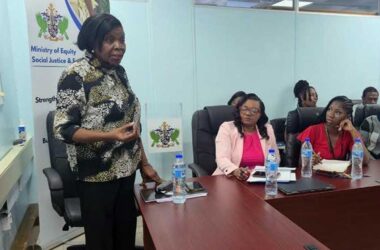

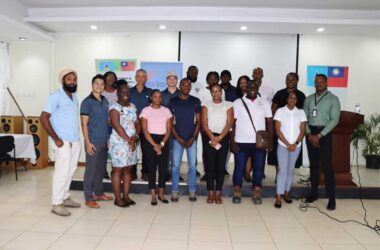
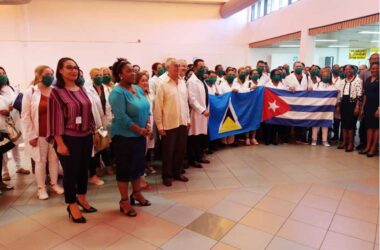
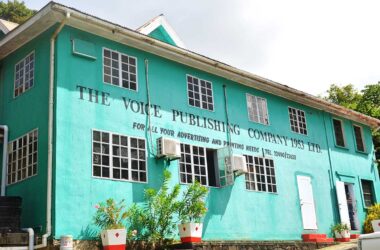
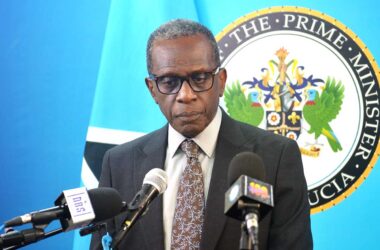

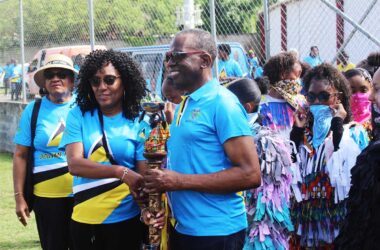
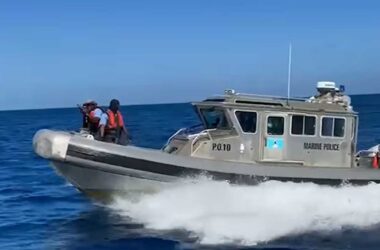
![Amy Stephen [Photo credit: Community Tourism Agency]](https://thevoiceslu.com/wp-content/uploads/2026/01/Amy-Stephen-feat-380x250.jpg)
